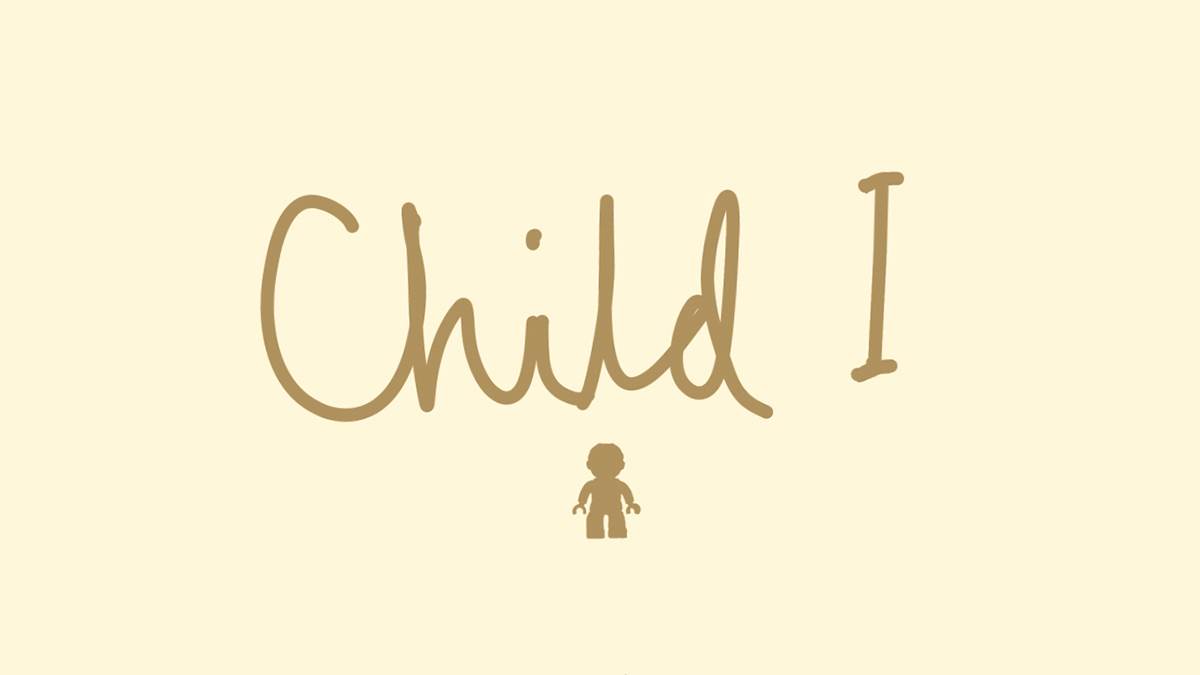'These children could be any one of us': Steve Tasane on his powerful book Child I
Published on: 4 Medi 2018 Author: Steve Tasane
Child I is an astonishing tale about a group of children living in a refugee camp. Here, Steve Tasane explains how he wrote the book...

I wanted Child I to be the voice of any child. As writers for children and young adults we are using voices which are not our own – because we writers are grown-ups, not children. So, in the ongoing debate about authenticity, diversity and appropriation, all adult writers for children are presenting some form of ventriloquy.
It is our job to be fearless in this, but not foolhardy; to be passionately well-intentioned, but not naïve. I had leapt in with my debut young adult novel Blood Donors (Walker Books, 2013) and its urban teen hero of Irish/Jamaican/Canadian heritage. Blood Donors was included in the Seven Stories' Diverse Voices list of best 50 books in the past 50 years that celebrate cultural diversity.
My next book Nobody Saw No One (Walker, 2015) had a lead character who spoke partly in made-up gobbledegook not entirely dissimilar to Roald Dahl's BFG, to general acclaim. The voices in both books reflected my own voice, fed through the spectrum of creativity.
But with Child I, my voice was bursting with rage and despair. I was angry with the people who build and sell and profit from bombs and weapons, who watch these bombs destroy homes, schools, hospitals, and then turn away the victims of these bombs when they come seeking refuge; who create a world where a starving child in rags picking breadcrumbs out of the mud to feed to their little brother is nothing. A world where the children are simply collateral damage. The children are worthless.
I can't write that. Nobody wants to read that, especially not children. But I wanted to write that; I wanted everybody to share in my outrage.
Of course, that's not really how children's books work. Politics is a messy, complicated thing. Children's books contain tidy, simple stories with subtlety, space, and depth. So I could write about specific people and places, but in doing so, these stories might have less power, being less universal. They would not be stories that could apply to anybody and everybody. And more than likely, they might end up being Steve Tasane having another rant.
Why I wanted to make Child I's voice nobody's voice
I thought about the children on the receiving end of these bombs, and how they could be any child, any one of us. All children want of the world is their family, their friends, food, a roof over their heads and some fun. So my child refugee story is set in a universal playground, revolving around food, friends, family.
My characters are not of this religion, they are not of that ethnicity, the camp is not on that coastline. The word refugee does not appear anywhere in Child I. The guards have stripped the children of their names and reduced them to a single letter.
Along with their names, the children have lost their passports, and your passport is the story of your life. It tells where and when you were born, who your mum and dad are and what they do, and all of the places you have lived and travelled in your life.
Without your passport, the only author of your story is you yourself. And when child refugees tell their stories they are automatically disbelieved. But it is difficult to deny the truth of a story unfolding in front of your very eyes.
This is why Child I chooses to tell the story not of his past, but of his present life trapped in the camp. It is here and now. It is right now.
Child I's story begins on the front jacket. It literally will not be covered up. And it takes us through the games he and the others play, the food they find, the friendships they make while wandering through their world of mud and hunger and casual brutality. They make word games, anagrams from their single letter names, stories written on leaves, dances with puppet versions of themselves dug from the sludge. Their story is full of laughter and hope.
So that's why I wanted Child I to not be my voice. As far as I possibly could, I wanted to make Child I's voice nobody's voice. Because unaccompanied children in refugee camps are nobody. They are everybody. They are us.






Add a comment